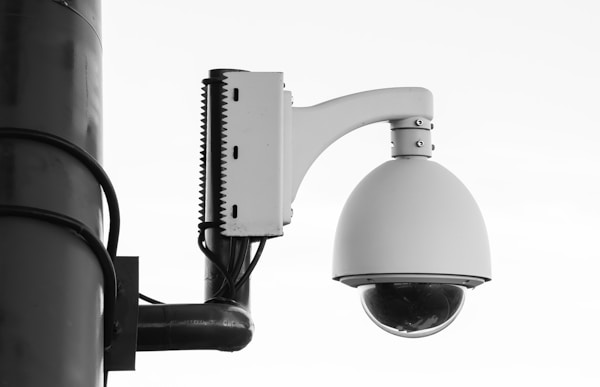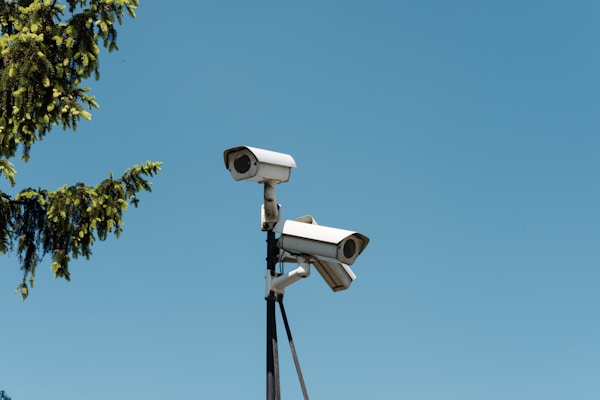How Businesses Are Using Security Cameras To Improve Operations
What are security cameras?

Security cameras are devices that capture images of people or objects for security purposes. Security cameras can be used for both personal and business goals. There are a variety of different types of security cameras that are available on the market. Verkada is a great security camera brand for businesses. Verkada provides surveillance, access control, and incident response. The Verkada security system is an all-in-one solution that includes cameras, software, and hardware. The system can be accessed from any device with an internet connection. It provides live streaming of video footage and allows you to search through past footage to find specific events.
Businesses are using security cameras to improve operations by increasing security, improving customer service, and reducing theft. Security cameras can help companies to deter crime and protect employees and customers. Cameras can also help businesses investigate accidents and crimes, leading to quicker incident resolution. Customer service can be improved by using cameras to monitor customer interactions and ensure that employees are providing good customer service. Theft can be reduced by installing security cameras in areas where theft is likely to occur.
How do you choose the right camera for your business?

As businesses grow, they face new and unique security challenges. The use of security cameras can help enterprises to improve their operations by monitoring various areas of the company. There are a few factors to consider when choosing the right camera for your business. The first step is determining the purpose of the camera. Are you looking to monitor public areas such as the front desk or lobby? Or are you looking to keep an eye on specific areas such as stock rooms or cash registers? Once you determine the purpose, you can begin to narrow down your options.
You'll also need to take into account where the camera will be placed. Cameras that are used for general surveillance should be placed in high-traffic areas so that they can capture as much footage as possible. The resolution of a security camera is also essential because it determines how clear the footage will be. For general surveillance, 720p or 1080p resolution is generally sufficient, but if you're targeting a specific area, then you may need a higher resolution camera.
Another essential factor to consider is the angle of view. A wide-angle lens will give you a wider view of the area, while a telephoto lens will zoom in on specific objects. If your business operates at night or in low-light conditions, then you'll need a security camera with night vision capabilities. If your business is located outdoors or in a place susceptible to bad weather, then you'll need a weatherproof security camera. Once you've considered all these factors, you'll be able to choose the right security camera for your business.
What industries benefit from using security cameras?
There are several different industries that can benefit from using security cameras. For example, schools can use them to monitor the hallways and classrooms, businesses can use them to keep an eye on the cash registers and stockrooms, and homeowners can use them to keep an eye on their property. Retail stores can use security cameras to deter shoplifting and monitor the store for other criminal activity. Banks can use security cameras to monitor the teller windows and the lobby for illegal activity and to monitor customers who are making large withdrawals.
Conclusion
Security cameras are important for a variety of reasons. They can help businesses improve operations by deterring crime, catching criminals, and improving customer service. Overall, security cameras are an important part of business security.





